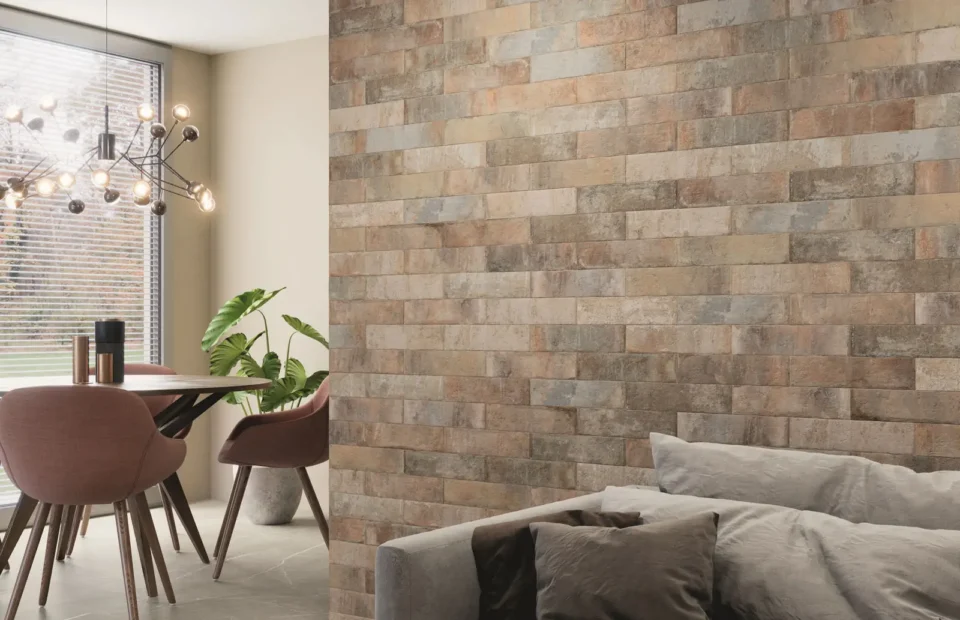Contemporary interior design values clean lines, minimalist features, and a balance between form and function. Within this design philosophy, metro ceramic tiles have emerged as a go-to material for homeowners and designers alike. Their sleek appearance, adaptability, and practicality make them perfectly suited for modern spaces. But what exactly sets these tiles apart in contemporary settings?
Aesthetic Versatility and Visual Appeal
Simplicity That Makes a Statement
Metro tiles are best known for their rectangular shape and smooth, glossy surface. While simple in form, they can make a striking visual impact—especially when used in bold colors or unconventional layouts. Their understated design enhances modern interiors by adding texture and depth without overwhelming the space.
Color Choices to Match Every Palette
Modern interiors often favor neutral tones like white, gray, and black, but metro tiles also come in vibrant hues for accent walls or decorative backsplashes. Whether creating a calming monochrome look or a high-contrast feature wall, there’s a metro tile to suit every vision.
Layouts That Complement Modern Geometry
Beyond the Classic Brick Pattern
While the staggered brick layout remains a favorite, metro tiles can also be arranged in vertical stacks, herringbone, or even diagonal patterns. These alternative arrangements emphasize geometry—an essential aspect of contemporary design—and add a layer of architectural interest to flat surfaces.
Minimalist But Impactful Design
In contemporary spaces where less is more, metro tiles can elevate a room’s style without cluttering it. Their clean edges and uniformity contribute to a refined, seamless look that blends effortlessly with sleek cabinetry, open shelving, and minimalist décor.
Functionality Meets Modern Living
Ideal for High-Traffic, High-Use Spaces
Contemporary homes often prioritize open-plan kitchens and multi-use bathrooms, where practicality is key. Metro ceramic tiles are water-resistant, easy to clean, and tough against daily wear, making them perfect for such environments.
Light-Reflecting Qualities Enhance Space
Glossy metro tiles can reflect natural and artificial light, brightening interiors and making rooms feel more spacious—an essential advantage in modern urban living where space is often at a premium.
Sustainability and Material Efficiency
Eco-Conscious Manufacturing
Modern consumers care about where and how their materials are made. Many ceramic tile manufacturers now adopt sustainable practices, using recycled materials and energy-efficient processes. Metro tiles fit well into eco-friendly building goals without sacrificing design.
Long-Term Durability
Metro ceramic tiles are built to last. They resist fading, staining, and chipping, ensuring a long lifespan. This durability aligns with contemporary preferences for materials that don’t require constant replacement or maintenance.
Access to Quality and Design Support
Available Through Specialty Tile Retailers
Choosing the right tile involves more than picking a color. Specialized retailers offer design consultations, technical guidance, and diverse collections tailored to modern tastes. For those exploring the vente Céramique au Sommet, such vendors provide curated selections of metro tiles that meet both aesthetic and functional standards.
Conclusion
Metro ceramic tiles are more than a design trend—they’re a smart choice for anyone creating a contemporary interior. With their minimalist charm, layout flexibility, and enduring practicality, these tiles offer the perfect balance of style and substance. Whether you’re renovating a modern kitchen, bathroom, or open-plan living space, metro tiles are a reliable foundation for clean, contemporary design.

